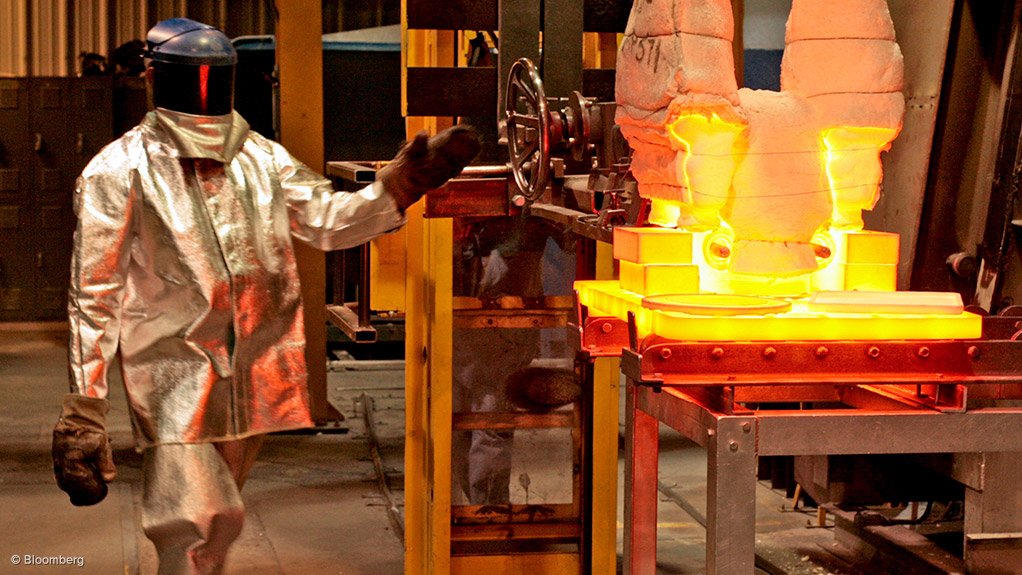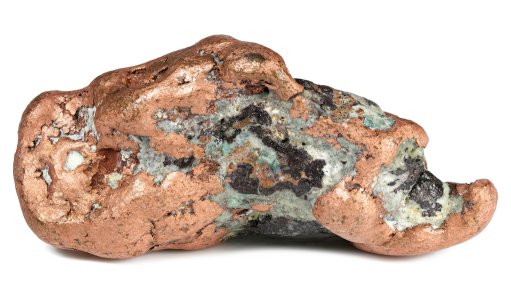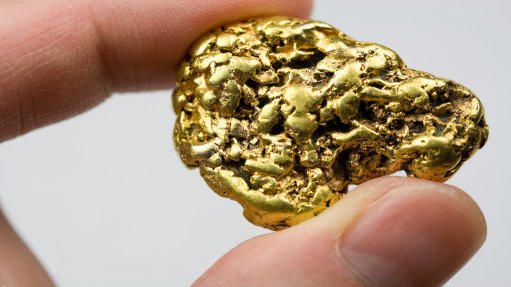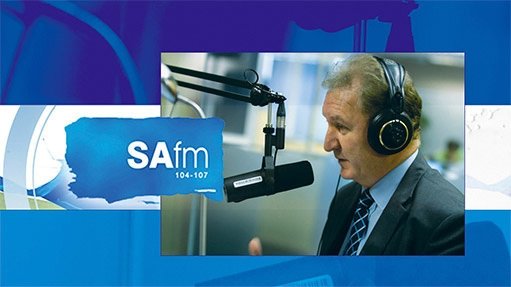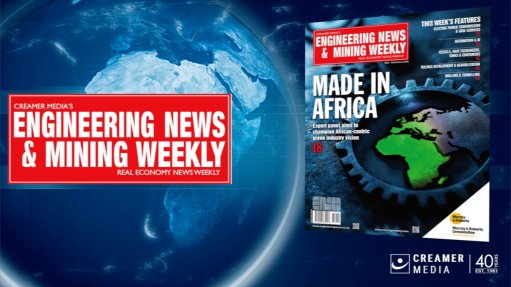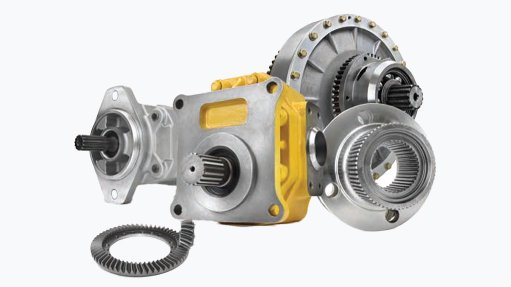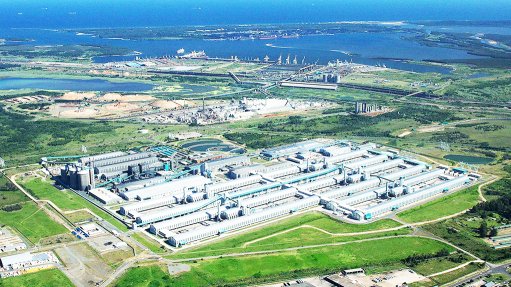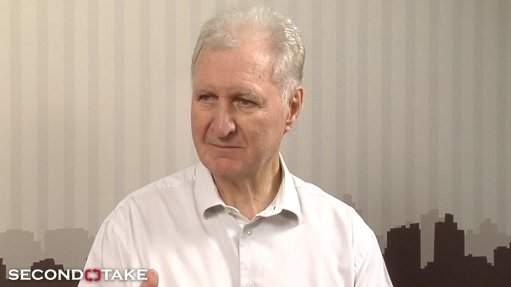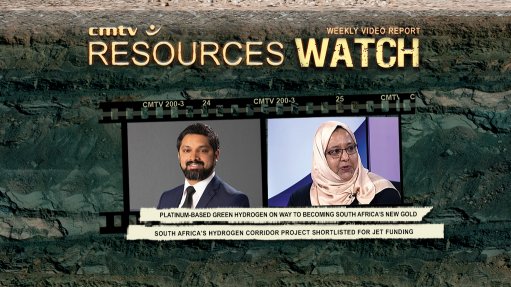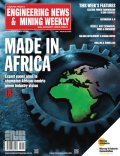Chalmers warns of narrow critical mineral supply chains
PERTH (miningweekly.com) – Federal Treasurer Jim Chalmers has warned of the dangers of a constrained supply chain for the critical minerals sector, warning that the sector could become hostage to geopolitical competition and conflicts.
Speaking at the Australian Critical Minerals Summit, in Sydney, Chalmers said that as Australia opened its minds to downstream opportunities in the sector, it also needed to be clear-eyed about the fact that more and more, critical minerals will become a locus of geo-economic competition.
“At the moment, around 60% of rare earths mining is in China. But it’s dominance in this sector is best viewed along the supply chain, from start to finish.
“Take an electric vehicle battery; China mines more than 80% of the globe’s graphite, but just 14% of lithium, and negligible amounts of cobalt. But when it moves to processing those minerals, more than half of the processing for lithium, cobalt and graphite happens in China.
“China produces three‑quarters of all lithium‑ion batteries, is home to 70% of the production capacity for cathodes and 85% for anodes, and builds more than half of the world’s electric vehicles,” Chalmers told delegates.
He noted that while Chile leads the world for extracting copper and rhenium, it also leads the world in processing it.
“While Indonesia leads the world for extracting nickel, China leads the world in processing it. The Democratic Republic of Congo leads the world in extracting cobalt, China dominates the processing.
“And while we extract the most lithium, it is, again, China that does the lion’s share of the processing,” Chalmers said.
“In 2022, you don’t need to look that far back or that far forward to appreciate the challenges and risks that such concentration can pose. This kind of concentration creates supply chains that are especially vulnerable to disruption, with economic consequences that are far‑reaching and deeply‑felt.
“What we are seeing with the supply of gas now, we have seen plenty of times before with supply of oil, where supply and price become hostage to geopolitical competition, conflict, or circumstance.
“That’s in part why we are now starting to see some discussion among lithium‑producing nations in South America on a possible agreement among them on production and pricing, and in Asia on a similar set up for nickel and other key battery minerals.
“Rather than locking down supply chains and trying to create an OPEC‑like set-up for critical minerals, we would be better off responding by diversifying global supply chains and making them more resilient.
“And that means Australia becomes more essential to them.”
In an opinion piece published in The Australian, Chalmers said there was significant opportunity for Australia in the value-adding sector.
“Adding value before we export – to cement our position in the global supply chain for low‑emissions technologies, create more jobs for Australians, and grow the economy in strong, inclusive, and sustainable ways,” he said.
“We have globally significant deposits of essential minerals; a highly skilled mining sector; a stable investment environment and strong regulatory and governance arrangements; and a reputation as a trusted strategic partner to many of the world’s major economies.
“To put it as simply as I can – our international friends need to rely on someone, so let’s have them relying on us.”
Resources Minister Madeleine King also used the Summit to punt the diversification of supply chains, saying it would make the market stronger, more efficient, more resilient and more transparent.
“Australia can have a big global impact but we need to work with like-minded economies across the region. Partnerships that increase investment in critical minerals projects will bring clean energy products to market faster,” she added.
Modelling released by PwC this week showed that value-added industries in the critical minerals sector could contribute more than A$40-billion to the Australian economy by 2025, and could create as many as 4 500 jobs a year.
Comments
Press Office
Announcements
What's On
Subscribe to improve your user experience...
Option 1 (equivalent of R125 a month):
Receive a weekly copy of Creamer Media's Engineering News & Mining Weekly magazine
(print copy for those in South Africa and e-magazine for those outside of South Africa)
Receive daily email newsletters
Access to full search results
Access archive of magazine back copies
Access to Projects in Progress
Access to ONE Research Report of your choice in PDF format
Option 2 (equivalent of R375 a month):
All benefits from Option 1
PLUS
Access to Creamer Media's Research Channel Africa for ALL Research Reports, in PDF format, on various industrial and mining sectors
including Electricity; Water; Energy Transition; Hydrogen; Roads, Rail and Ports; Coal; Gold; Platinum; Battery Metals; etc.
Already a subscriber?
Forgotten your password?
Receive weekly copy of Creamer Media's Engineering News & Mining Weekly magazine (print copy for those in South Africa and e-magazine for those outside of South Africa)
➕
Recieve daily email newsletters
➕
Access to full search results
➕
Access archive of magazine back copies
➕
Access to Projects in Progress
➕
Access to ONE Research Report of your choice in PDF format
RESEARCH CHANNEL AFRICA
R4500 (equivalent of R375 a month)
SUBSCRIBEAll benefits from Option 1
➕
Access to Creamer Media's Research Channel Africa for ALL Research Reports on various industrial and mining sectors, in PDF format, including on:
Electricity
➕
Water
➕
Energy Transition
➕
Hydrogen
➕
Roads, Rail and Ports
➕
Coal
➕
Gold
➕
Platinum
➕
Battery Metals
➕
etc.
Receive all benefits from Option 1 or Option 2 delivered to numerous people at your company
➕
Multiple User names and Passwords for simultaneous log-ins
➕
Intranet integration access to all in your organisation



